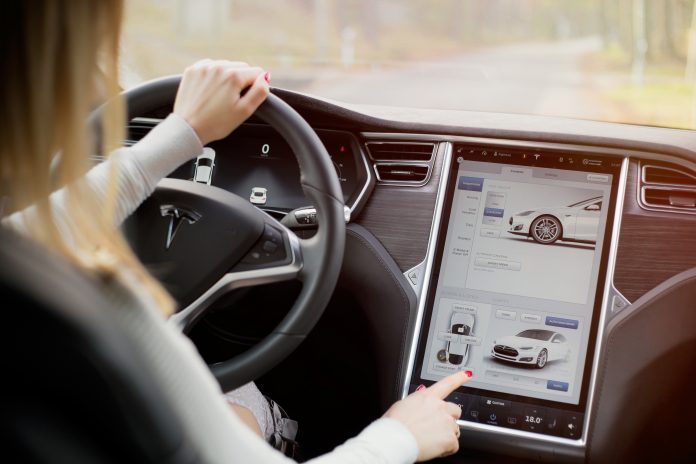Austin-based EV maker Tesla recently issued a recall affecting nearly 2 million models sold in the U.S. due to its Autopilot feature, which has been involved in nearly 1,000 crashes. The recall includes Models Y, S, 3, and X, manufactured between October 5, 2012, and December 7 of this year.
The National Highway Traffic Safety Administration (NHTSA) disclosed the recall in a letter to Tesla, stating that the EV maker agreed to an over-the-air software update which started on Tuesday, Dec. 19. The update will reduce the usage of the Autosteer feature if the driver repeatedly fails to demonstrate that they are ready to take control of the car while the feature is on.
The Washington Post conducted a thorough investigation two days before the recall, revealing that the Autopilot feature should not have been used in at least eight serious incidents, some of which resulted in fatalities.
According to Tesla owners’ manuals, autosteer should only be used on highways and restricted-access roads by drivers who are entirely concentrated on the road. However, the company has pushed the idea that its driver-assist features allow the cars to make most driving decisions safely, even away from those roads.
Safety experts pointed out that Tesla’s automatic systems fail to recognize and stop for obstacles, and the recall places responsibility on drivers. Hence, experts consider the recall a positive move in the right direction, but insufficient.
Since 2016, the NHTSA has sent investigators to 35 Tesla crashes where it believes the cars were operating autonomously. There have been at least 17 fatalities.
The probes are a component of a broader NHTSA inquiry into many incidents of Teslas utilizing Autopilot and colliding with emergency vehicles. The NHTSA has stepped up its efforts to investigate safety issues with Tesla vehicles, such as the software recall for fully autonomous driving.
In addition to software updates, Tesla will mail letters to notify model owners of the changes.




